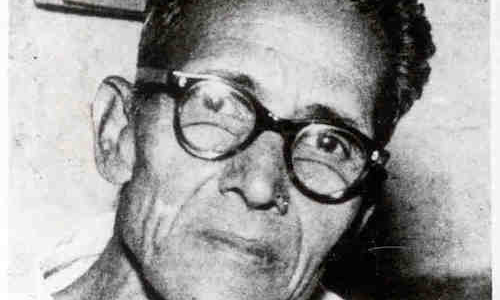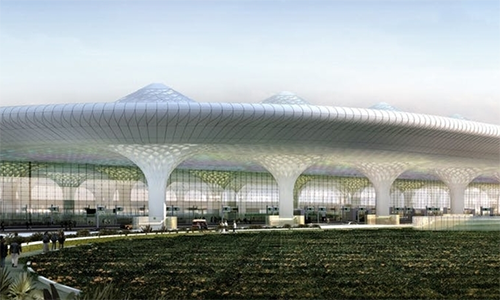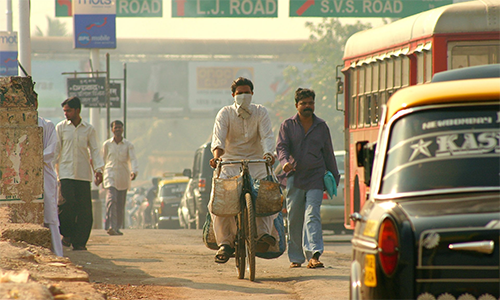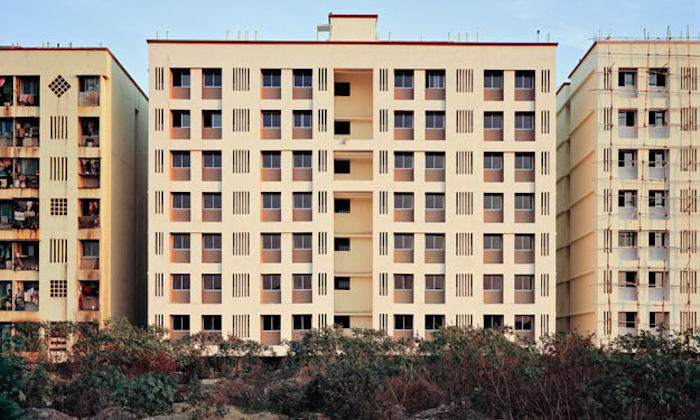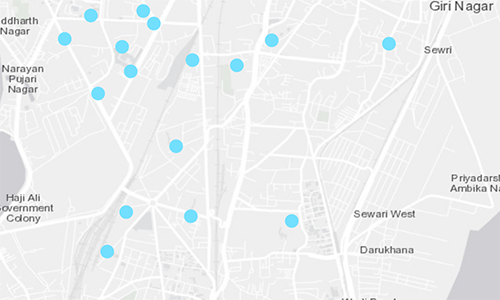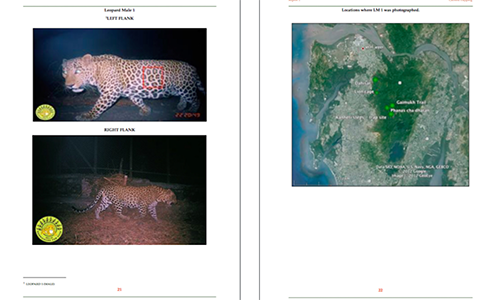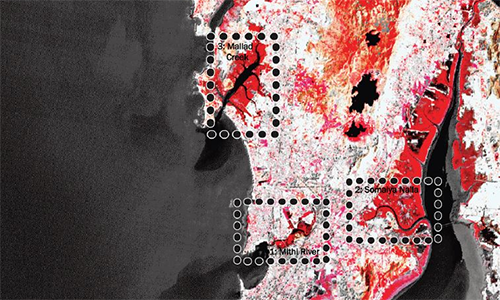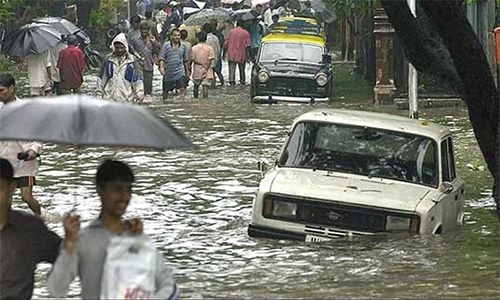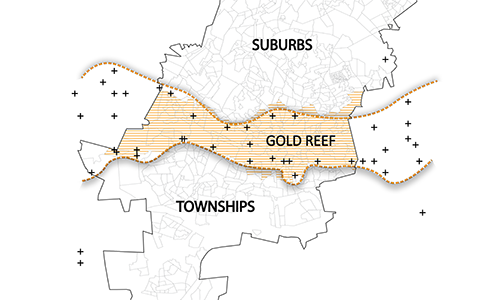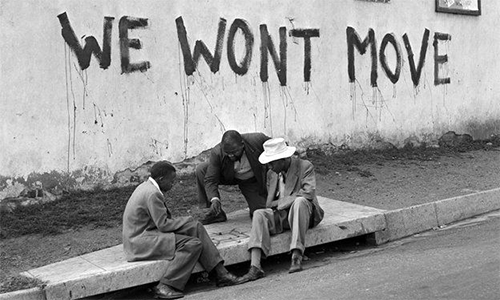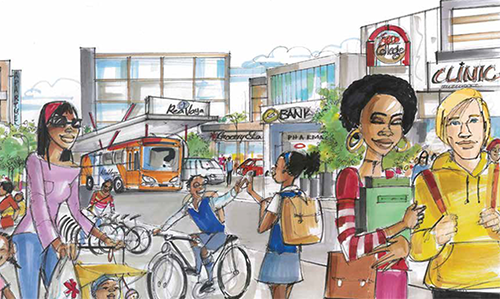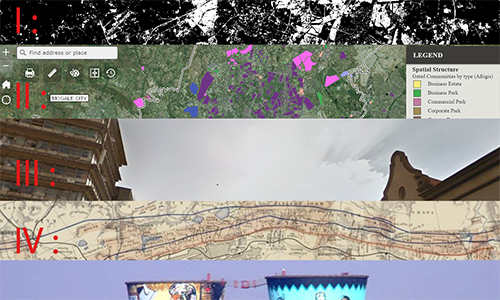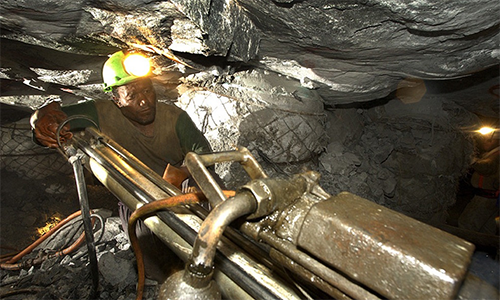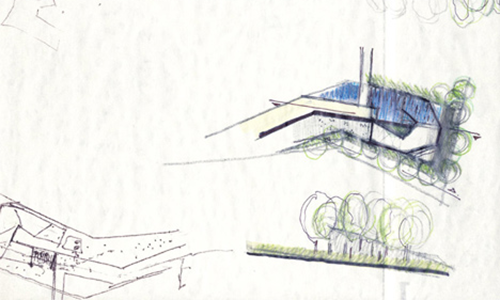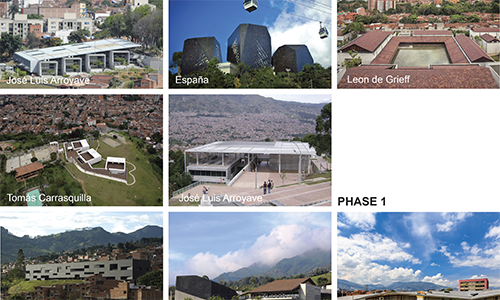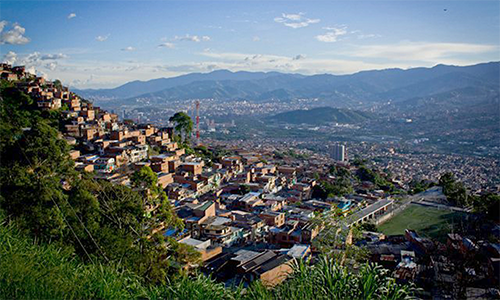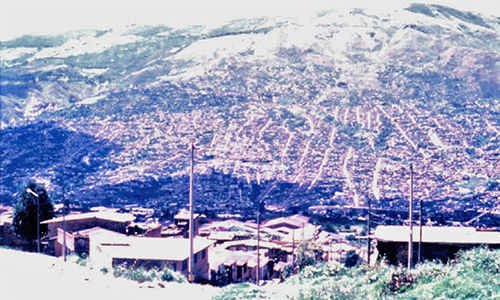Conflict Urbanism: Infrapolitics explores the role that infrastructure and politics play in shaping urban space. We understand infrapolitics as those political actions and consequences that occur below or besides the threshold of political legibility, often - but not exclusively - through the physical, political and social infrastructures that underpin urban life. We take infra to mean not just infrastructure but also below or under - the defining conditions of infrastructure.
Infrastructure is often the medium through which infrapolitics occurs, but with its specificity it also conditions and influences these actions and their consequences. Our working definition of infrastructure goes beyond the basic understanding of infrastructure as just the invisible physical networks that allow for the flow of goods, people, or ideas. We understand that infrastructures operate simultaneously at different levels and are often made up of political, social, poetical, technological, as well as physical elements.
Infrapolitics are used by both the powerful and the powerless, by governments, corporations, citizens associations, or individuals, as acts of oppression, dispossession, exclusion, protest or resistance. However, these acts occur below official politics or normal means of political participation. For example, infrapolitics exist in the informality with which governments execute their laws, which favor certain individuals or groups over others, or in apparently nonpolitical acts of resistance by the population, such as practices of tax evasion by tenant farmers which de facto repeal a harvest tax.
Similarly, infrapolitics can also occur through highly technological infrastructures. We call these technopolitics, a subset of infrapolitics which are based on the use or abuse of technology and its unequal distribution in society, to carry out political actions that do not belong to the official methods of political participation.
Faculty
| Name | Project role | Title | |
|---|---|---|---|
| Laura Kurgan | Principal Investigator | Graduate School of Architecture, Planning and Preservation | ljk33@columbia.edu |
| Anupama Rao | Principal Investigator | History Department, Barnard College | arao@barnard.edu |
| Michelle McSweeney | Project Lead | Graduate School of Architecture, Planning and Preservation | mam2518@columbia.edu |
| Juan Francisco Saldarriaga | Project Lead | Graduate School of Architecture, Planning and Preservation | jfs2118@columbia.edu |
| Anna Kathleen Stokes | Research Assistant | Graduate School of Architecture, Planning and Preservation | |
| Laura Sun-Kyung Lee | Research Assistant | Graduate School of Architecture, Planning and Preservation | |
| Eric Ryan Pietraszkiewicz | Research Assistant | Graduate School of Architecture, Planning and Preservation |
